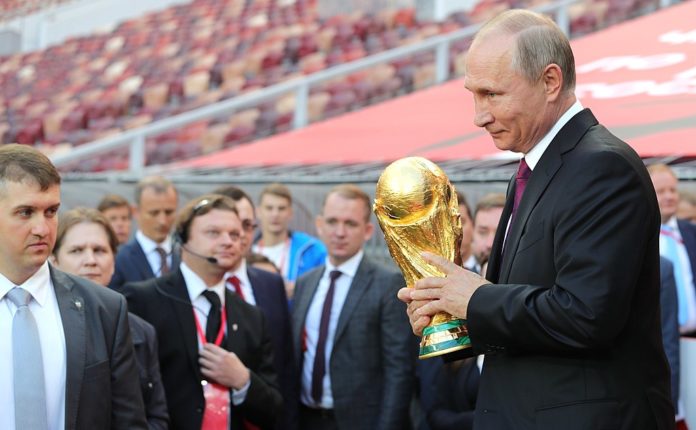Extended light hours in Russia would play havoc with the daily rhythms of visitors – both footballers and their fans
Germany lost to Mexico, Poland to Senegal. Thomas Muller, the star of so many German wins failed to fire and Lionel Messi was the biggest heart break of the World Cup.
Little more than a week into the proceedings and the FIFA World Cup in Russia is throwing up some unforeseen results. Big teams are just about managing to squeeze through and small teams are handing out earthquakes.
Footballing arguments aside, the Russian white nights are not easy to adjust to especially in a game as intensely physical as football. A look at how extended light hours have an effect on the daily rhythm of the body.
What are white nights?
White nights are a phenomenon typical of St Petersburg. The light never really goes away any time of the day. The “darkest” is a faint twilight well past midnight. While St Petersburg is an extreme phenomenon – and a tourist attraction – throughout Russia daylight hours are currently very extended. In Moscow today for example sun sets at 9.18 pm and rises again tomorrow at 3.45 pm.
What effect does light have on the daily rhythm of the body?
Light is the most important cue for the circadian or diurnal rhythm of the body – essentially all bodily processes that happen over a 24 hour cycle. The most important and light dependent of these, as we all know from experience, is the sleep wakefulness cycle. It is common knowledge that sleep gets difficult when there is bright light. It is more difficult to sleep during day time if you are mor used to it. A good night’s sleep is crucial for optimum physical performance.
What role does sleep play in physiological well being?
Sleep is important for the body to rest and recover. It is important for cognitive functions to be at their best. It is well known that sleep is extremely important for athletic performance. That the long nights are bothering footballers was evident when England player Dele Alli told the media about his travails of waking up at 3 am. The English team has installed dark blinds. Fans in Russia too have reported spending long and sleepless nights.
How to cope with an altered circadian rhythm?
The key is to stick to the sleep and wake up time no matter what. However for such short spans as the World Cup hormones like melatonin may help. Melatonin is crucial for the circadian rhythm of the body.
Whether it passes muster with the strict doping regulations in place, is a different question though.



[…] منبع: medibulletin.com […]